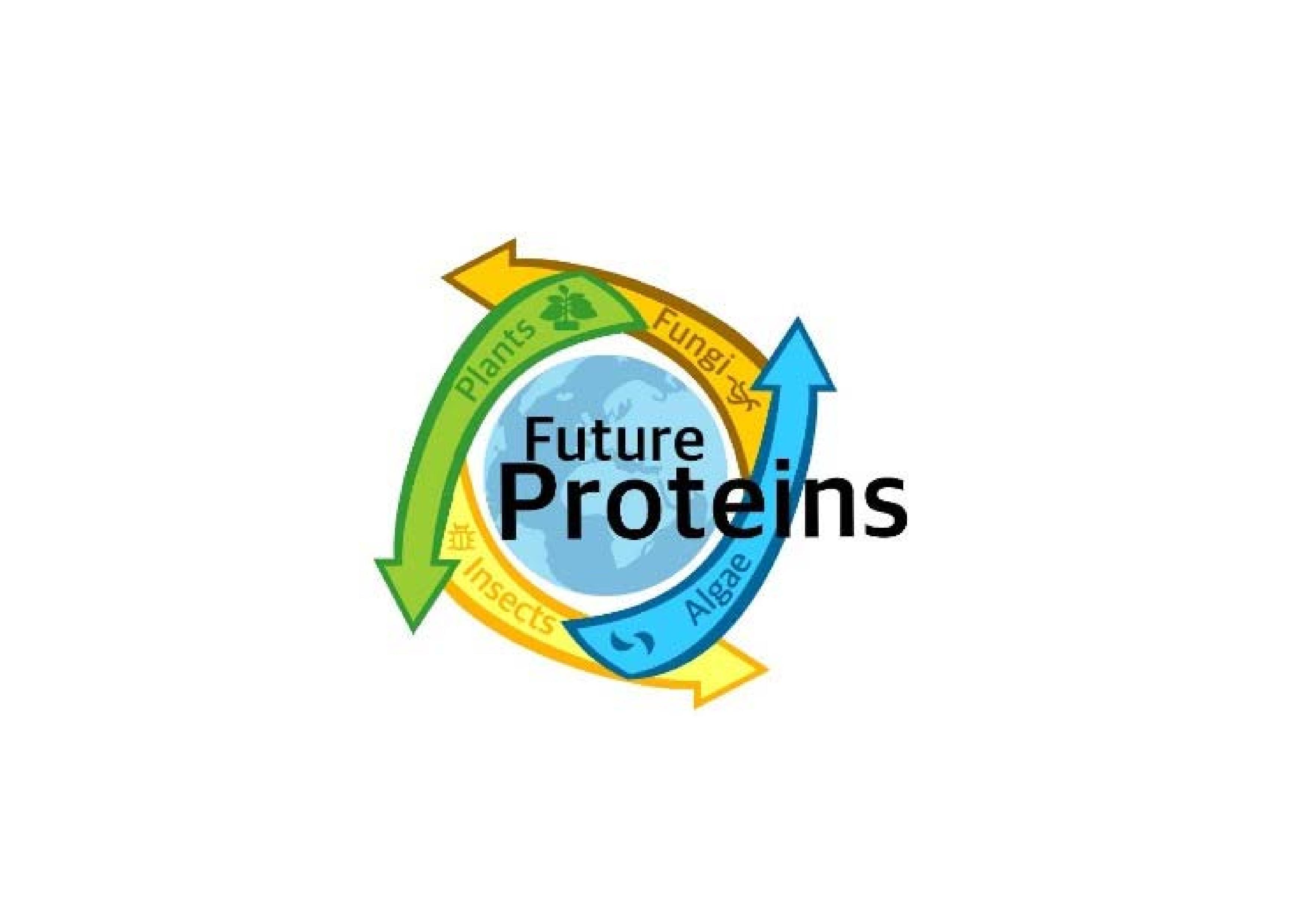»FutureProteins« – for a resilient and sustainable production of protein
Closed-loop agriculture to secure an environmentally friendly protein supply
Recent decades have seen an increase in intensive agricultural practices involving the use of large quantities of fertilizers and pesticides. This has had a substantial impact on the environment. In combination with the effects of climate change, this is set to affect the supply of protein. In the industrialized western world, foods of animal origin, produced with a high energy input and large amounts of feed, remain the number one source of protein. Yet if proteins are to be produced in a sustainable manner that conserves resources, alternative sources must be found. In the FutureProteins project, scientists are developing closed-loop forms of agriculture that produce alternative sources of protein while also making use of the various by-products. The challenge is to create economically efficient processes and systems that can then be scaled up for industrial use.
Proteins from plants, insects, fungi and algae
FutureProteins is focusing on the use of plants (e.g., potatoes, wheatgrass and alfalfa), insects, filamentous fungi and microalgae as alternative sources of protein. Alternative protein sources should have a good balance of high-quality amino acids and be easy to process. In addition, they must not have any characteristics that would make them unsuitable for consumption in foods. All of the protein sources mentioned above have a taste and smell that many consumers experience as disagreeable. The project will therefore also focus on ways of mitigating these unpleasant sensory properties so as to render such sources of protein suitable for food production. In order to meet the project’s sustainability criteria, Fraunhofer researchers are seeking to develop four closed-loop systems of cultivation which will enable year-round, climate-independent production and that are therefore efficient, resilient and sustainable:
- Vertical farming
This form of plant cultivation can reduce water consumption by 95 percent and fertilizer use by 50 percent. The closed-loop system eliminates the need for pesticides. Here, project researchers are working on a hybrid lighting system that uses a dynamic combination of sunlight and LED light. This is designed to improve efficiency and reduce the costs of vertical farming. - Insect farming
The key challenge here is to prevent the incursion of insect pathogens and thereby enable the elimination of antibiotics and pesticides. Researchers on the FutureProteins project are designing a complex monitoring system designed to protect insect farms against such pathogens. - Fungiculture with bioreactors
Cultivation of fungi is expensive due to the high costs involved in the production of suitable culture media. Here, project researchers are looking to cut this expense by recycling by-products within a closed loop. - Algae cultivation with photobioreactors
Here the goal is to develop an AI-controlled, automatic lighting system that optimizes light yield within the photobioreactors used to cultivate algae, thereby reducing energy consumption.
Closed-loop agriculture enables cost-effective recycling of by-products
The FutureProteins project is implementing a closed-loop system for all four forms of cultivation. This means that any by-products of the cultivation process will be put to valuable use. For example, plant residues from vertical farming and the by-products of protein extraction will be used as a substrate for cultivating insects, fungi or algae.
High-quality foods from alternative protein sources
There are specific challenges involved in processing these alternative protein sources. Each displays different sensory and functional properties. Potato protein, for example, is a good gelling agent and, as such, highly suitable for producing plant-based meat alternatives. Legume proteins have emulsifying properties that make them useful for producing alternative dairy products. In addition, it is also possible to customize protein properties by means of specific processing and a targeted combination of different protein sources. Fraunhofer IVV is currently investigating whether specific extraction and modification processes can help optimize protein properties. All these proteins are analyzed to determine their sensory and functional properties. These results are then compiled to create a sensory–functional matrix, which will enable a customized selection of protein source according to the specific application. Another important research task is to develop recipes for appetizing foods – e.g., meat and dairy alternatives, baked goods and pasta – that will have high consumer acceptance.
Sustainability assessment and maximization of closed-loop recycling
The closed-loop agricultural systems and protein extraction methods developed for this project will be assessed to determine whether they make better use of resources and are more sustainable than conventional methods. A further aspect of this cross-institute project will be to ensure maximal closed-loop recycling of the materials and energy used in such systems.
 Fraunhofer Agriculture and Food Industry Alliance
Fraunhofer Agriculture and Food Industry Alliance